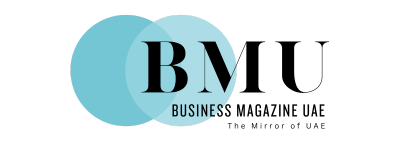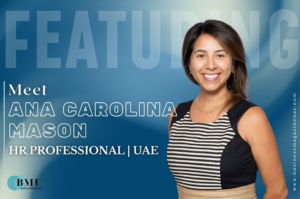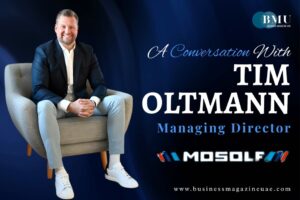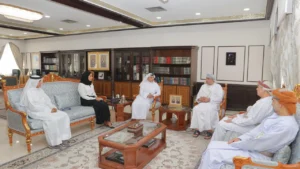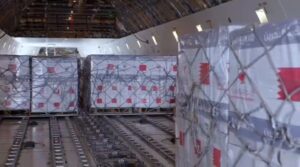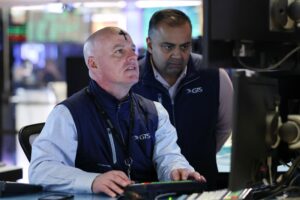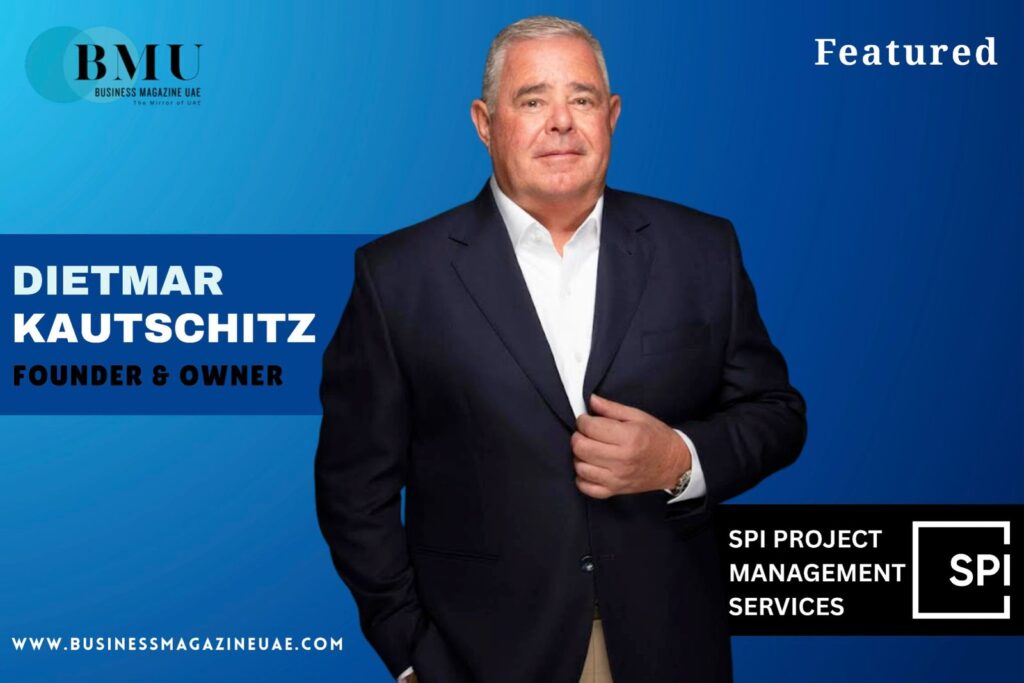
We recently had the privilege of interviewing Dietmar Kautschitz, Founder and Principal of SPI, an Architect, and a certified Project Management Professional. With a distinguished career spanning over three decades, he has consistently led transformative projects throughout his career.
SPI offers pioneering project management services, specializing in managing unique projects, in the design and execution of turnkey projects for an international clientele. Committed to excellence and a passion for bringing visionary projects to life, Dietmar Kautschitz looks forward to continuing to leverage his skills and experiences in the field of architecture to exceed expectations.
Spark Behind the Journey
We started the interview by asking, “What first inspired you to pursue your current industry or professional path? Was there a defining moment or influence that shaped your direction?”
Dietmar shared, “Design, architecture, and the realization of projects have always been my greatest sources of inspiration. What fascinates me most is the challenge of bringing exceptional and unconventional designs to life. However, achieving such visions often requires clients or investors to commit significant financial resources — frequently due to inaccurate cost estimates made during the early stages of a project. The result is that ambitious concepts often remain unrealized because planning and execution are not seamlessly aligned.
This realization led me to a fundamental question: Do I want to dedicate myself solely to design, or also to everything that lies behind it, from the technical detailing to the coordination of execution itself? And, I chose the latter.
Today, my focus is on the detail as the vital link between design and realization, and on actively managing the process through precise project coordination and execution. In this way, I strive to ensure that innovative design ideas are not only conceived, but also built efficiently, technically sound, and economically viable.”
Adaptability Amidst Uncertainties
Challenging phases are an inevitable part of professional growth. To learn how Dietmar Kautschitz handles the tough phases, we asked, “Can you describe one significant challenge you’ve faced in your career or business, and how you successfully overcame it?”
He explained, “Language and local construction culture have consistently been major challenges in all my international projects – whether working with Japanese, Russian, Croatian, Arabic, or Indian partners. One of the most demanding assignments I faced was the final design to be adjusted by the local Architect of Record (AOR) and the execution of a fantastic Pavilion at Expo 2025 Osaka, together with local contractors.
Even though we had Japanese members on the team, every spoken meeting required interpretation into English – at times with three interpreters working simultaneously. Japanese is a subtle and complex language; translations can carry different meanings and occasionally lead to unforeseen outcomes. At the same time, contracting firms frequently split scope across numerous subcontractors, which massively complicates sequencing, overall scheduling, and financial planning.”
“Cultural factors must not be underestimated. The Japanese approach to work and interpersonal conduct played a decisive role: in temporary projects with overlapping trades, the Japanese partners were more comfortable with a step-by-step, sequential approach and expected others to complete their tasks before proceeding. Teamwork alone, therefore, proved insufficient – the human element is paramount. Progress can stall if interpersonal alignment is missing; in our case, a work stoppage even occurred because of differing opinions and mutual misunderstandings.
Ultimately, what turned the situation around was a combination of sensitivity, persistent persuasion, and decisive, experience-based leadership in temporary construction methods, workflow sequencing, and detailing. Through careful relationship management and clear, well-founded decisions, we achieved a successful outcome: the pavilion was delivered on time to the client. Many had doubted that it could be done – we convinced them,” Dietmar added.
Envisioning the Future Trends
To understand Dietmar Kautschitz’s perspective on the industry transformation in the upcoming years, we asked, “What key trends or changes do you foresee shaping the future of your industry over the next 3–5 years?”
Dietmar reflects, “Over the next three to five years, the fusion of digital intelligence, sustainability, and interdisciplinary collaboration will become the central drivers of success in project planning, design, and execution. Organizations that invest early in technology, people, and process integration will gain a clear competitive advantage — delivering projects that are smarter, faster, and more sustainable.
The principles of Environmental, Social & Governance (ESG) will continue to play a decisive role in shaping project development. Stricter regulatory requirements and increasing client demand for low-emission materials, energy-efficient systems, and circular economy concepts can be expected. Life-cycle assessments (LCA) and carbon accounting tools will become standard practice in the early design stages — not as theoretical ideals, but as measurable instruments for decision-making and performance control.
Ultimately, it’s not words that matter — but actions.”
Plans we asked Dietmar Kautschitz
We further asked, “What are your long-term aspirations for your company or role, and what strategies are you implementing to reach them?”
He mentioned, “In this industry, no single small player can match the influence of the major firms. But we set the standard through action, demonstrating what is possible whenever our clients allow us to.
My company is a nimble, growth-oriented enterprise, scaling naturally with each project and strengthened by a network of highly skilled freelancers who bring specialized expertise. Our focus is on making an impact, being recognized, and delivering exceptional results. Every project we undertake is an opportunity to innovate, inspire, and ensure our clients’ complete satisfaction.”
Revolutionizing the Industry with AI
With technical advancements reshaping business operations across industries, we asked, “How do you see artificial intelligence and emerging technologies influencing your industry or business model?”
“This influence is unstoppable. Digital Transformation and AI Integration, including Artificial Intelligence, Machine Learning, and automation are rapidly reshaping project design, planning, and execution. Tools such as generative design, predictive analytics, and AI-driven scheduling will optimize resource use, reduce risks, and improve decision-making. Digital twins—virtual replicas of projects—will increasingly be used for real-time monitoring, performance optimization, and lifecycle management.
All of this will be driven and shaped by the leaders in the respective industries. Ultimately, we will be the users,” Dietmar commented.
Values at the Root of Dietmar Kautschitz’s Leadership
Intrigued to learn the core values or guiding principles that influence Dietmar Kautschitz’s decisions and the way his organization operates, we asked him to share more about them.
He shared, “We always act with transparency, honesty, and reliability – towards our clients, partners, and colleagues. Decisions are made based on facts, experience, and ethical standards. Sustainable practices and responsibility towards the environment and society are integral to our corporate culture.
Our goal is to execute projects with the highest levels of precision, innovation, and technical quality. We pursue a continuous improvement process and leverage new technologies to enhance efficiency and value creation.”
Dietmar even mentioned, “We see ourselves as partners on equal footing. The needs and objectives of our clients are at the center of every planning and decision-making process. Long-term relationships and trust are more important to us than short-term successes.
We are committed to sustainable and resource-efficient project design – environmentally, economically, and socially. Innovation is not an end in itself, but a means to develop better and future-proof solutions.”
Embracing Innovative Practices
Lastly, we asked, “Can you share an innovative strategy or approach that helped your company stand out or achieve a breakthrough?”
“Our innovative approach combines technology, transparency, and team culture – and has enabled us not just to manage projects, but to manage them more intelligently and holistically. We don’t just make promises – we deliver. We call ourselves different, and our clients confirm it – we are out-of-the-box thinkers.
People say I’m not easy. I’m fine with that, especially when I run into former employees or freelancers who say – It was an intense but wonderful experience working with you.
My leadership style has evolved, but I have maintained my principles. Today, anyone who wants to work must adhere to certain rules. We are available for our clients, but we must also ensure our own satisfaction,” Dietmar shared.
To gain more industry insights, connect with Dietmar Kautschitz on LinkedIn.
Find SPI on LinkedIn and visit www.wearespi.com to learn more.
Also Read :-
Raghuveer Channaiah: Driving Business Growth through Finance, Trust, and Innovation in the UAE
